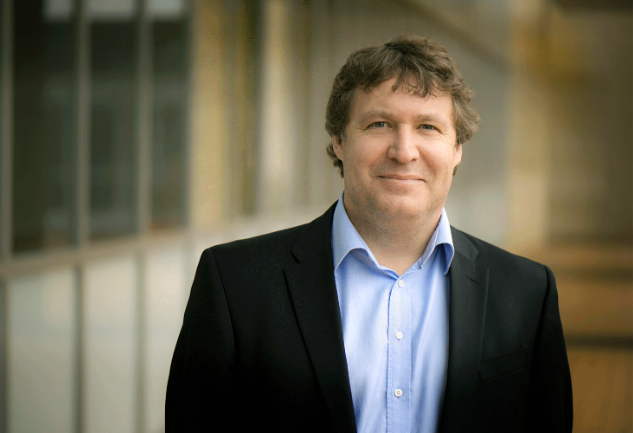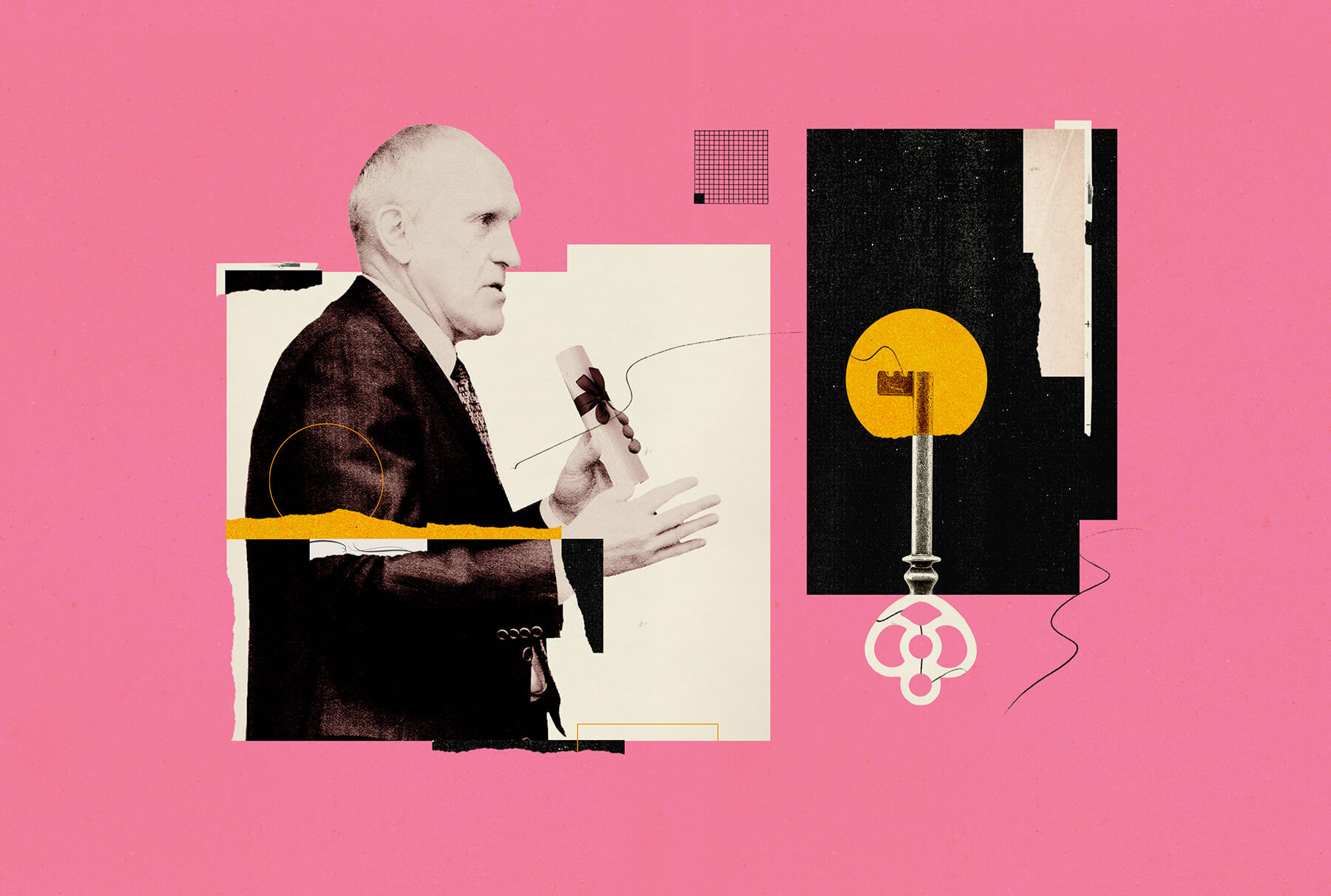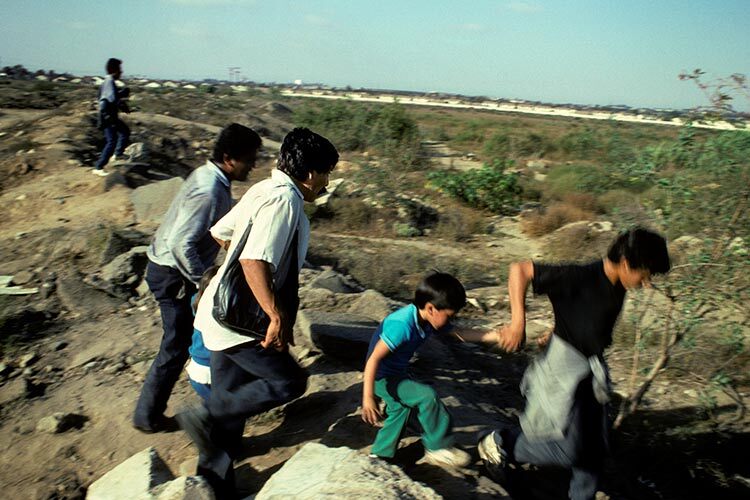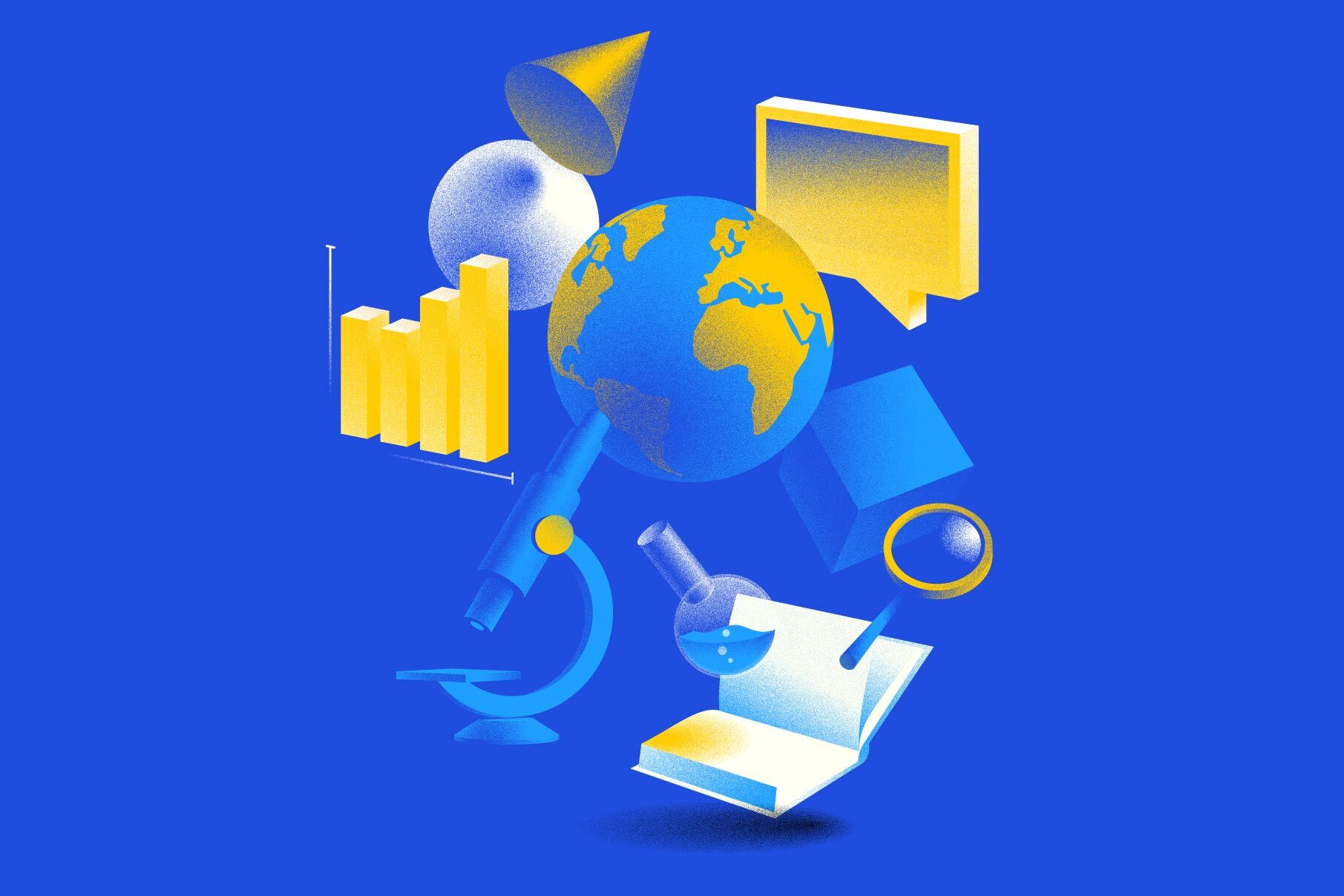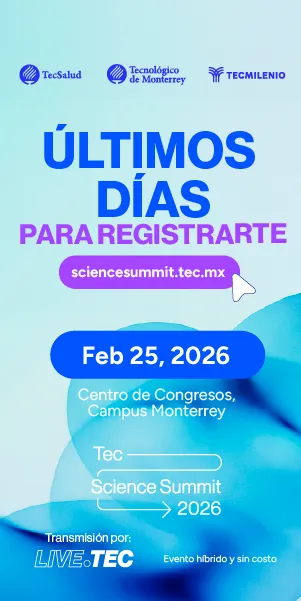Research as a driver of educational innovation is a pending issue in Latin American education systems, according to experts at the Tec de Monterrey Educational Research and Innovation Congress (CIIE).
“It is increasingly important to educate people for a changing world and prepare them to commit to social causes such as sustainability, rather than just offering education to train workers”, said Francesc Pedró, director of the UNESCO International Institute for Higher Education in Latin America and the Caribbean.
As a key speaker for the CIIE, Pedró pointed out that the current scenario of technological evolution and educational change presents an opportunity to leverage universities as living spaces that generate knowledge and evolve their models towards the future.
Official data reveals that only 12.1% of the Mexican population was pursuing a professional career in 2021. Due this fact the United Nations Educational, Cultural and Scientific Organization (UNESCO) has warned about the need to discuss the future of higher education in light of the changes brought by the pandemic.
Indeed the UNESCO Third World Conference on Higher Education addressed the importance of research as a key element in the future of higher education.
However, only around 15% of higher education institutions in Latin America have a budget devoted to research, and the majority of them only spend 5% of their budget in this area.
Educational innovation to the test!
A major limitation to turning universities into “living laboratories” is the lack of resources, especially within the public sector, the UNESCO official said, interviewed by TecScience.
That is why it becomes important to create regulations to encourage this type of initiative and generate incentives for more universities and teachers to move in that direction. Always based on scientific research.
“An excellent researcher can probably transmit the passion for what they do, but it does not necessarily mean that they can adequately accompany you as a teacher”, Pedró said.
“That requires knowledge and skills that must be learned, and I think that is something that can succeed in Latin America,” he added.
Research centers inside universities also require infrastructure, equipment and international cooperation networks, warned the UNESCO official.
“Research is not something you plan to do on a rainy Sunday while your are at home,” he said.
New models ahead
The speakers at the CIIE explained that pandemic speeded up changes for education that were thought to come in the distant future, such as blockchain technologies, virtual reality, and artificial intelligence popped up into classrooms.
Besides the need to unlearn and relearn, as more jobs are disappearing and new ones are emerging in the world.
In that same congress of educational innovation, Elena Arias Ortiz, education specialist at the Inter-American Development Bank, said that winners and losers in the future will be those who can offer people training, re-education, and higher skills for these new jobs.
“One of the biggest risks for the region (Latin America and the Caribbean) is not investing enough in education,” she added.
The speakers said that critical thinking and creativity must be included in the educational curricula for the 21st century. Those skills were previously seen as complementary subjects yet they have currently shown to be essential.
Arias Ortiz explained that some European countries have already conducted research and are working on efforts to create a micro-credentialing system that is accepted in various jobs.
This micro-credentialing educational model consists of learning the necessary skills for a specific job, without the need to complete a full degree.
She said that developed countries have managed to innovate in education. However, the mechanisms to promote research in Latin America are still a pending issue. Because political interference of education is a big regional challenge.
About this matter, UNESCO officer Pedró added that some educational centers —mostly private —have recognized the importance of research and seek to develop their teachers and researchers.
“For example, at Tec de Monterrey, every teacher must have certain hours of training every year. Something that is not seen as much in a public university,” Pedró assured.
Tec de Monterrey has worked to reduce the gap between research and practice with projects in which some of its campuses become spaces for relevant scientific research for society.
According to information presented at the CIIE, Tec’s educational innovation model generates ideas to enable social transformation and also provides innovative experiences to students pursuing higher education and postgraduate studies.

